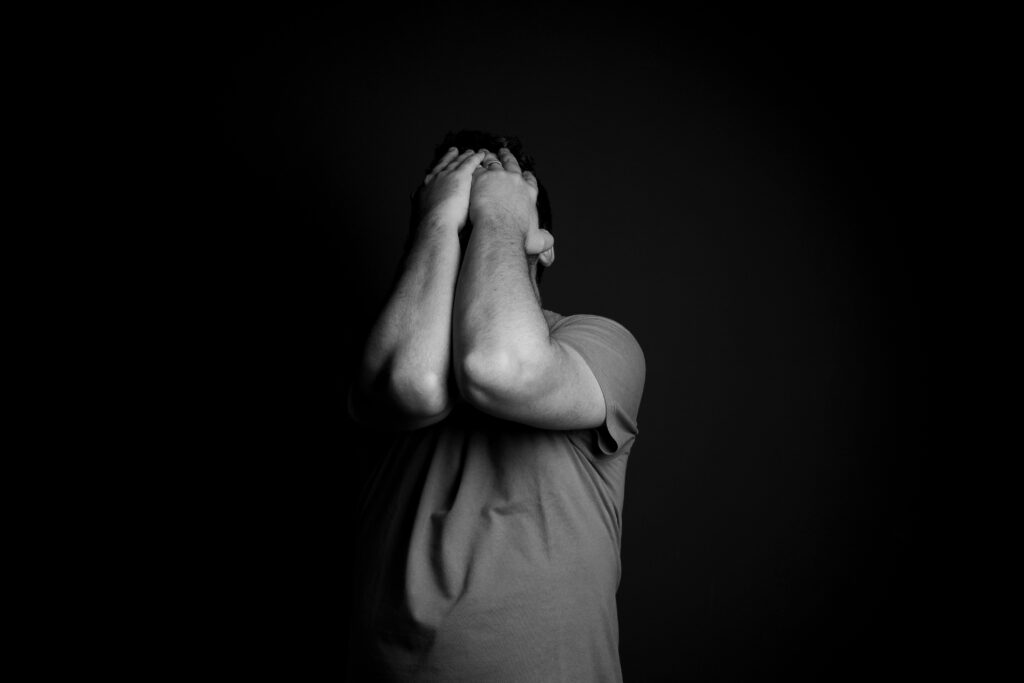Stoicism to calm nerves
Discover how stoic philosophy can help you find stability and balance in times of uncertainty and stress

A walk through the bookstores in Lima brings to reader’s eyes a good number of titles linked to stoicism. Going back to the Stoics, not only to read them but to learn the art of living as an anchor, to maintain stability and balance in the rough waters we travel through in life. A good read is Stoicism. An introduction to the philosophy of the art of living (Paidós, 2023) by John Sellars, an English philosopher, and great connoisseur of this philosophy and its practice. What is stoicism about? Sellars points it out: the Stoics maintain a materialist ontology in which God permeates the entire cosmos as a material force. They maintained that virtue alone is sufficient for happiness and that external goods and circumstances are irrelevant (…). Emotions would be products of erroneous judgments and could be eradicated with cognitive therapies. The result would be the wise Stoic, “perfectly rational, devoid of emotions, indifferent to his circumstances” (cf. p. 23).
An attractive program in these times when we run from one side to the other, jumping between obstacles and scares along the way. Zeno (330 BC) is the founder of this school. He is influenced by Socrates and also by the Cynics, from whom he takes the idea of “living according to nature”, a principle cultivated by the Greek Stoics and the later Latins. Very few texts are preserved from the Greeks (Chrysippus, Panaetius, Posidonius). We know more about the later ones (Seneca, Cornutus, Epictetus, Marcus Aurelius) whose books are preserved and continue to be published. The latter particularly cultivated the ethical dimension of this school. Logic and physics appear, rather, in the first Stoa.
The Stoic ideal seeks to think well in order to live better. Seneca will say that philosophy “is not based on words, but on works. Nor is it used to make the day pass with some entertainment: it shapes and models the spirit, orders life, governs actions, shows what should be done and what should be omitted” (p. 59). The doctor of the soul is the interested party himself, “we must all master by ourselves the art of taking care of ourselves” (p. 62). A philosophy understood, then, as the art of curing the soul in such a way that life can be transformed by transforming the habitual dispositions of the soul (cfr. p. 63). A whole ideal of life, nothing more and nothing less.
In this way, starting from the theory of oikeiosis (self-preservation) individuals assign value to things. “We qualify as good that which favors our constitution, and we call bad that which harms it.” For rational beings, material goods are not enough; they also require goods that take care of the soul (cf. pp. 148-149). The virtues par excellence belong to this order of things. Other goods such as health and wealth are not intrinsically good, since they can be used for bad purposes (cf. p. 151). These external things, however seductive they may be, do not guarantee happiness. From this derives a practical rule given by Epictetus: “Our opinions, desires and actions depend on us; everything else – body, possessions, reputation – does not depend on us. Therefore, we should focus on what depends on us” (cf. p. 154). Good reasoning would put an end to toxic emotions.
Sellars states that the Stoic position could be summarized as “if you want to be happy and live well, you should try to be virtuous.” Correct reasoning and strong will, where reason is what leads the way. In times of marked emotionalism, the stoic position – without being the panacea for all evils – is a good counterweight.
Related

Sing, pray, give thanks
Mar Dorrio
23 April, 2025
2 min

Francis’s Legacy: The Church, a Field Hospital
Isabel Durán Doussinague
23 April, 2025
2 min

The Challenges of the Next Pope and the Path of Grace
Javier Ferrer García
23 April, 2025
4 min

Easter for a Life of Hope
Mario J. Paredes
21 April, 2025
4 min
 (EN)
(EN)
 (ES)
(ES)
 (IT)
(IT)

